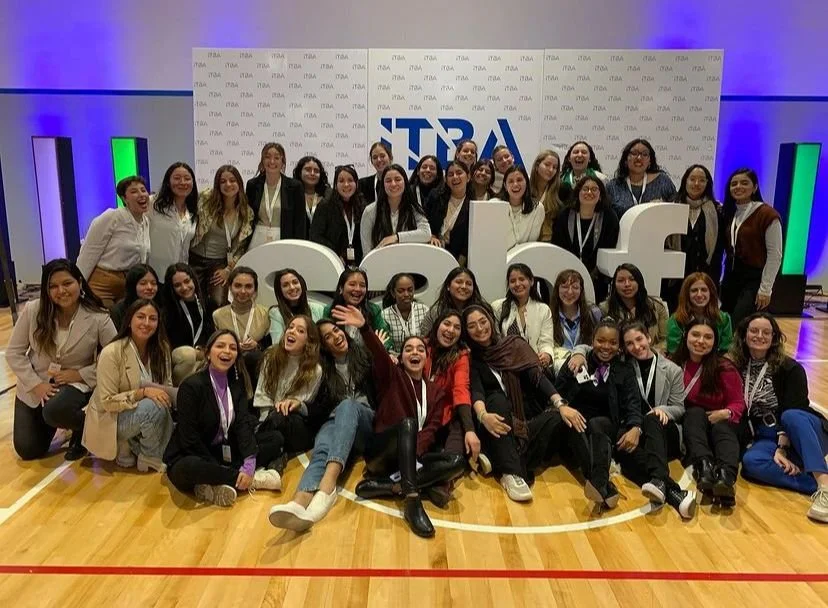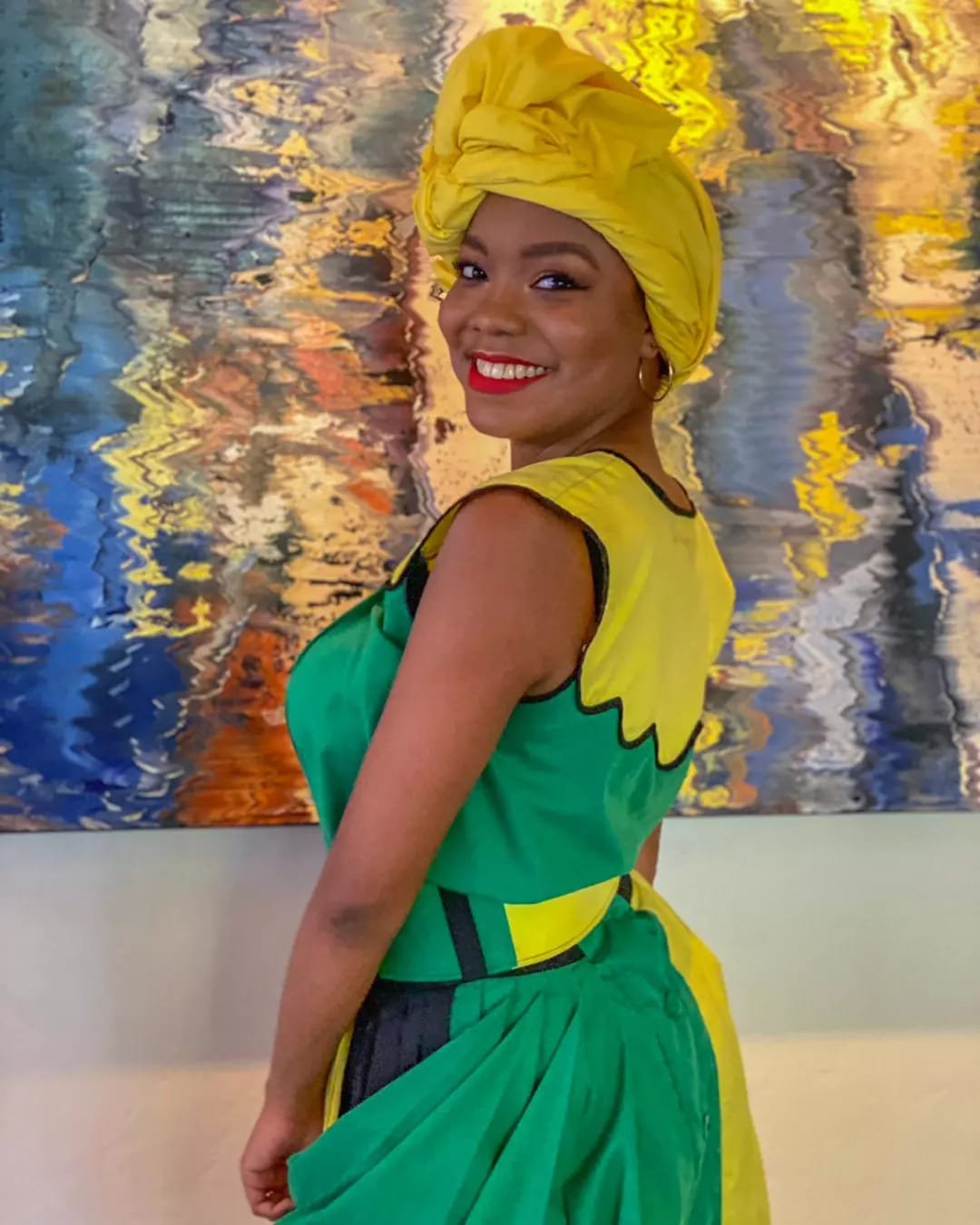By: Hannah J. Adamson
On November 9, 2023, the United States Institute of Peace (USIP) hosted an “Indigenous Peace Building and Youth, Peace, Security Strategy Workshop” which gathered Indigenous youth leaders from around the world in conjunction with the White House Tribal Youth Forum. This event mindfully organized participants into tables with a mixture of Indigenous youth leaders, government representatives, and peacebuilding working professionals to open opportunities for dialogue on the meanings of peace and traditional resources for peacemaking within a variety of cultural contexts. Through conversation, participants were able to share stories about their communities including traditional spaces for dialogue, mediation, and decision-making. When discussing the meaning of peace, some common themes across the cultures represented included peace as being connected with community, related to nature, dignity, and compromise. Participants often discussed the importance of shared safe spaces and of collective decision-making, including centering traditional Indigenous practices.
Following the small group discussions, the Indigenous youth leaders were asked to trade places with the event leaders–sitting at a long, head table at the front of the room–to address the group with their insights and learnings from the peer exchange. This poignantly highlighted the importance of the insights of the youth leaders and represented the need for greater Indigenous youth representation in spaces like these. Through these share-outs, several of the youth leaders spoke to the realization of common challenges and sources of strength within their communities, feeling connected through similar experiences, as well as opportunities for action they could bring back with them. Several participants expressed a sense of gratitude for the shared space and the need for this event to be the beginning of further collaboration across Indigenous contexts and integration of youth voices into decision-making.
As a member of the MHCR and Think Peace teams, I was especially excited to observe and participate in this event as it aligns with our focus on co-creation and peer-learning. On a personal level, I appreciated attending this event as it allowed me to reflect on my experiences engaging with the Sami communities in Finland as they continue to pursue truth and reconciliation. Through the conversations it became evident that while each Indigenous community is distinct in its culture and journey, there are many common threads that can open space for collaboration, support, and creation. I look forward to seeing how we can further these opportunities in our work and the peacebuilding field more broadly.
Silvia Miranda Loredo
“So many times as women, we don't trust in our power, we don't trust that we can do it. We don't trust that we're able to make it. So it’s just so important that we trust in our power”.
Following the event, I had the privilege of connecting one-on-one with Silvia Miranda Loredo, a Garifuna youth leader from Honduras present at the event. In addition to her extensive community work, some of her many roles include serving on the USIP Youth Advisory Council, an alumna and trainer for the USIP Generation Change Fellows program, and an alumna of the Study of the U.S. Institutes (SUSIs) for Student Leaders program with the U.S. Department of State. Through our conversation, Loredo shared appreciation for the event and for being able to gain comparative experience from Native American youth at the concurrent White House Summit. Some aspects of the event that she specifically liked were the ability to have open, deep conversations in small groups, then being invited to share out at the head table in front of the room and be heard. She emphasized the importance of doing this, stating how, “it's not relevant to have a peacebuilding event, or any type of event, where you invite youth activists and youth leaders, and then you don't give them an opportunity to speak, because we all have to learn from each other”. Specifically Loredo spoke to the beauty of being able to delve into the shared experiences across Indigenous contexts and collaborate with other youth Indigenous activists, especially other Latina Indigenous women.
In 2020, Loredo founded Fundación Mujeres con Poder–Women with Power Foundation–to support girls and women in achieving their educational goals by providing resources otherwise unavailable. During the pandemic this started by gathering second-hand smartphones and other devices to distribute to students who were unable to access virtual education. Now Loredo and her foundation are working to provide scholarships and other resources to women pursuing higher education. When talking about the most rewarding aspect of her work, Loredo expressed that being able to support women in achieving their goals and provide girls with resources she didn’t have earlier in life is invaluable. As a new foundation leader and a law school student, Loredo is actively seeking opportunities to sustain and expand her foundation in supporting her community.
The South American Business Forum was a Forum Silvia Miranda Loredo attended last year representing her Foundation, her community, and her country where she gathered with many powerful women from all over the world.
Further reflecting on the event and next steps in continuing the collective momentum, Loredo shared, “It's extremely important that more people like us have the opportunity to come to these types of events to have an opportunity to be heard, talk about what we’re doing, and learn different skill sets to bring bring them back to our countries”. Returning to her appreciation for the authentic engagement at the Workshop, Loredo stressed the need for certified interpreters at all events like these to allow for more comprehensive collaboration across lingual divides. When thinking through existing collaborations between the international community–government initiatives and NGOs–and developing nations, she highlighted the importance of diversity and inclusion, specifically to bridge the urban-rural divide and to work with a variety of civil society organizations, including the grassroots. Loredo also echoed the need for greater funding and support of peacebuilding practitioners as they often work with minimal resources to support their communities, especially in volunteering their time. Considering the incredible work these leaders are already doing to facilitate peace, security, education, and cultural perseverance, the potential for sustained changemaking with increased resources is bountiful.
Closing our conversation, Loredo shared a message for the world, especially women and girls, “trust in your power”. Loredo exudes this motto in her determination to find innovative ways to support her Garifuna community and beyond. She shares that, “so many times as women, we don't trust in our power, we don't trust that we can do it. We don't trust that we're able to make it. So it’s just so important that we trust in our power”. It is clear that Loredo, and the other youth Indigenous leaders participating in the event live this message and, with continued and expanded support mechanisms and shared spaces for peer-learning, can be empowered to foster even more positive change.


